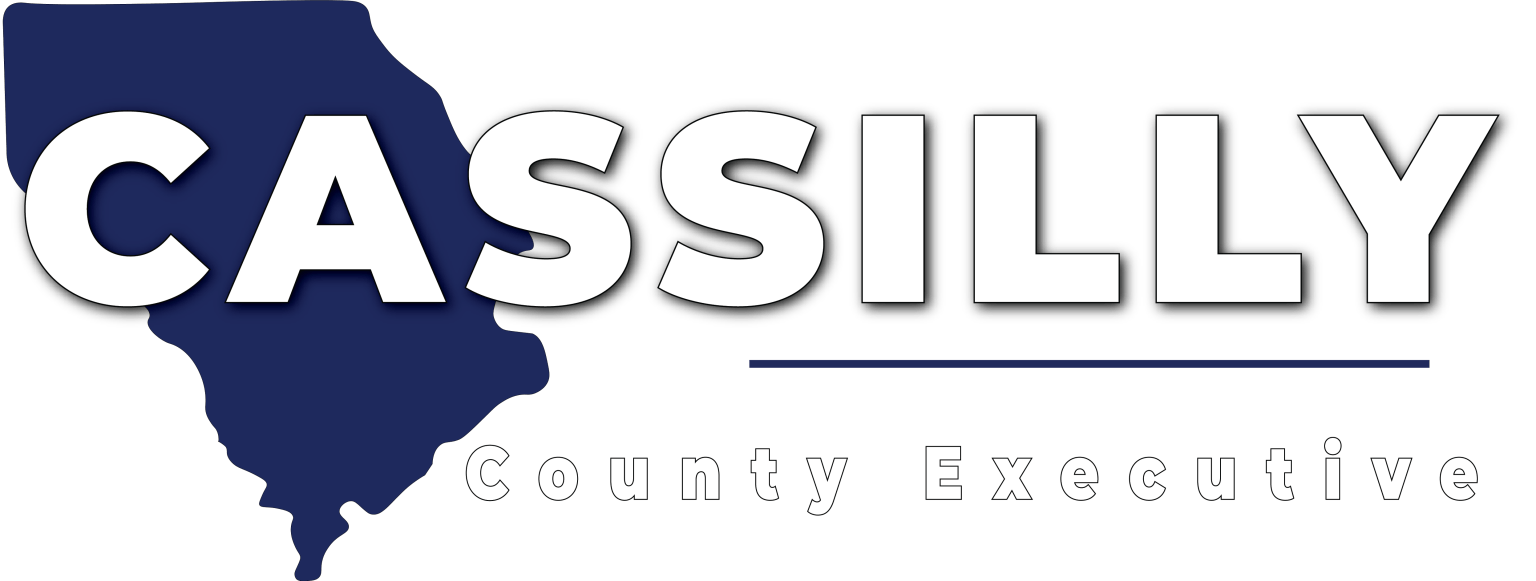
This Op-Ed was first published here on MarylandReporter.com.
The partisan polarization and grandstanding rhetoric that face voters today have become more disabling than ever and are distractions from the real-life issues.
They drive us toward politically expedient, impractical, and untested solutions that drain resources and do not improve our quality of life.
In this climate, it is vital that county leaders stay focused on the real challenges we face and offer meaningful solutions.
As a sitting Maryland senator and a candidate for Harford County Executive, here are my thoughts on some of those real challenges and some practical solutions:
Economy
With the onset of inflation, a looming recession, and an overall uncertain economic environment, leaders need to strengthen and stabilize the economy with well-established, sound fiscal policies, like eliminating wasteful government spending, lowering taxes, and enabling the private sector to generate jobs.
We need to put more fiscal power into families’ hands instead of the government. This doesn’t mean cutting spending in key areas like education, public safety, and health. It does mean conducting thorough and honest reviews of every government funded program to determine whether the money being spent is truly generating the promised outcomes.
Government must also work to eliminate barriers to maximizing private sector employment opportunities. We need to aggressively seek out and support good employers and our schools need to shape graduates’ talents to feed into those employers’ needs. At the same time, we have to address the large pool of minimally qualified, unemployed young people whose best option for a decent life lies at the bottom rung of the employment ladder.
So many of our youth no longer grow up in homes where they learn to drive a car, use basic tools, or function in the kitchen. In close coordination with the private sector, we need to invest in vocational training facilities with a mission to match actual students with actual jobs.
Public Safety
The General Assembly’s highly progressive police reform laws have made policing a far less attractive career option and, as a result, police shortages will likely worsen and crime continue to rise. (It’s very difficult to attract sufficient new recruits to a career field where any error in a split-second, life or death decision is increasingly likely to result in an indictment and possible jail time.)
With the General Assembly unwilling to backtrack from its current approach, local government alone must respond to the realities of police shortages and elevated crime rates with the limited options at their disposal, increases in pay and benefits to attract qualified applicants.
Still, no amount of money can overcome the damage done to policing by soft on crime laws and policies and by the ever-present threat of politically motivated prosecutions of law enforcement.
Police recruitment, performance, and retention will be heavily influenced by the social philosophy and integrity of local prosecutors, police chiefs, sheriffs, and judges. Politically expedient prosecutions of police and soft on crime sentencing undermine police recruiting and retention while justice administered according the constitution, laws, and common sense attracts the best and brightest officers to migrate to those jurisdictions.
(The close primary race in the Baltimore County State’s Attorney’s race, where seasoned prosecutor Scott Shellenberger was nearly unseated by a George Soros-funded, anti-police, pro-criminal progressive, shows just how seriously at-risk jurisdictions remain to the whims of anti-police zealots.)
Successful county leaders will: publicly support prosecutors and judges who respect police, hire chiefs who are law enforcement professionals, and will not subvert effective policing to suit political agendas.
Education
Good education is increasingly determined not only by the quality of teachers or dollars spent but also by a local jurisdiction’s willingness to address student violence and classroom disruptions. No amount of dedicated teaching can overcome the damaging impacts of repeated classroom disruptions and violence.
These problems are driving dedicated parents and teachers to relocate to jurisdictions offering productive classrooms and student safety. Leaders must ensure that schools offer a solid, core education and provide the resources for diversion programs to isolate and minimize the impact of disruptive and violent students.
Effective Governance
Above all else, each of the many challenges we face must be met by government that is open, transparent, competent, responsive to the public, willing to collaborate with the private sector, able to look beyond partisan labels, focused on fixing problems rather than fixing blame, and able to work within budget and means to implement innovative, proven solutions. Competence and integrity matter a lot.
Elected officials may not agree on everything but we need to find common ground in core competencies of effective governance and put people before politics to improve the quality of life for everyone. I hope to find partners around the state willing to work hard and put the people over politics. We can do better together.
